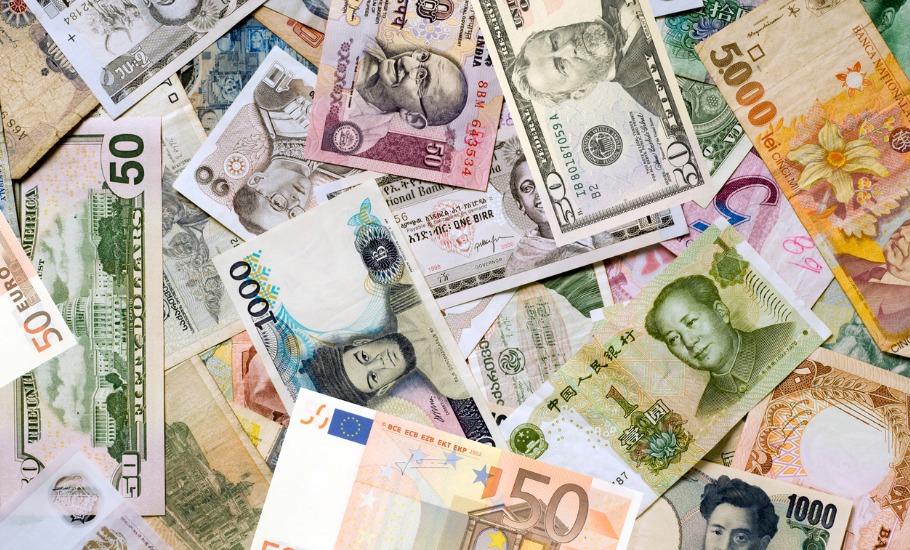
In a first, India's foreign exchange reserves cross $500 billion
The foreign exchange reserves of India crossed the $500-billion mark for the first time after it surged by a whopping $8.22 billion in the week ended June 5. The reserves stood at $501.7 billion as on June 5, helped by a whopping rise in foreign currency assets.

The foreign exchange reserves of India crossed the $500-billion mark for the first time after it surged by a whopping $8.22 billion in the week ended June 5. The reserves stood at $501.7 billion as on June 5, helped by a whopping rise in foreign currency assets (FCA).
The surge comes after the Reserve Bank of India (RBI) absorbed inflows when there wasn’t sufficient demand for foreign currencies from oil marketing firms due to the lockdown, and a collapse in oil prices, reported Business Standard.
Quoting currency dealers, the report said that the central bank had absorbed dollar inflows on account of Reliance Jio and Airtel deals. If it had not done so, there would have been an increase in the value of rupee, which would’ve undermined exports.
Related news: India’s foreign exchange reserves touch all-time high of $493.48 billion
The rupee, meanwhile, settled 5 paise lower at 75.84 against the US dollar on Friday (June 12) as volatile domestic equities and sustained foreign fund outflows weighed on investor sentiment. Forex traders said that risk appetite has waned and there are growing concerns about the resurgence of COVID-19 infections.
In the previous week ended May 29, the foreign exchange reserves had increased by $3.44 billion to $493.48 billion. In the week that ended June 5, FCA, which is a major component of the overall reserves, rose $8.42 billion to $463.63 billion.
Expressed in dollar terms, the foreign currency assets include the effect of appreciation or depreciation of non-US units like the euro, pound and yen held in the foreign exchange reserves. The gold reserves declined by $329 million to $32.352 billion in the reporting week, the RBI data showed.
In the reporting week, the special drawing rights with the International Monetary Fund (IMF) were up by $10 million to $1.44 billion. The country’s reserve position with the IMF also rose $120 million to $4.28 billion during the reporting week, the data showed.
(With inputs from agencies)

